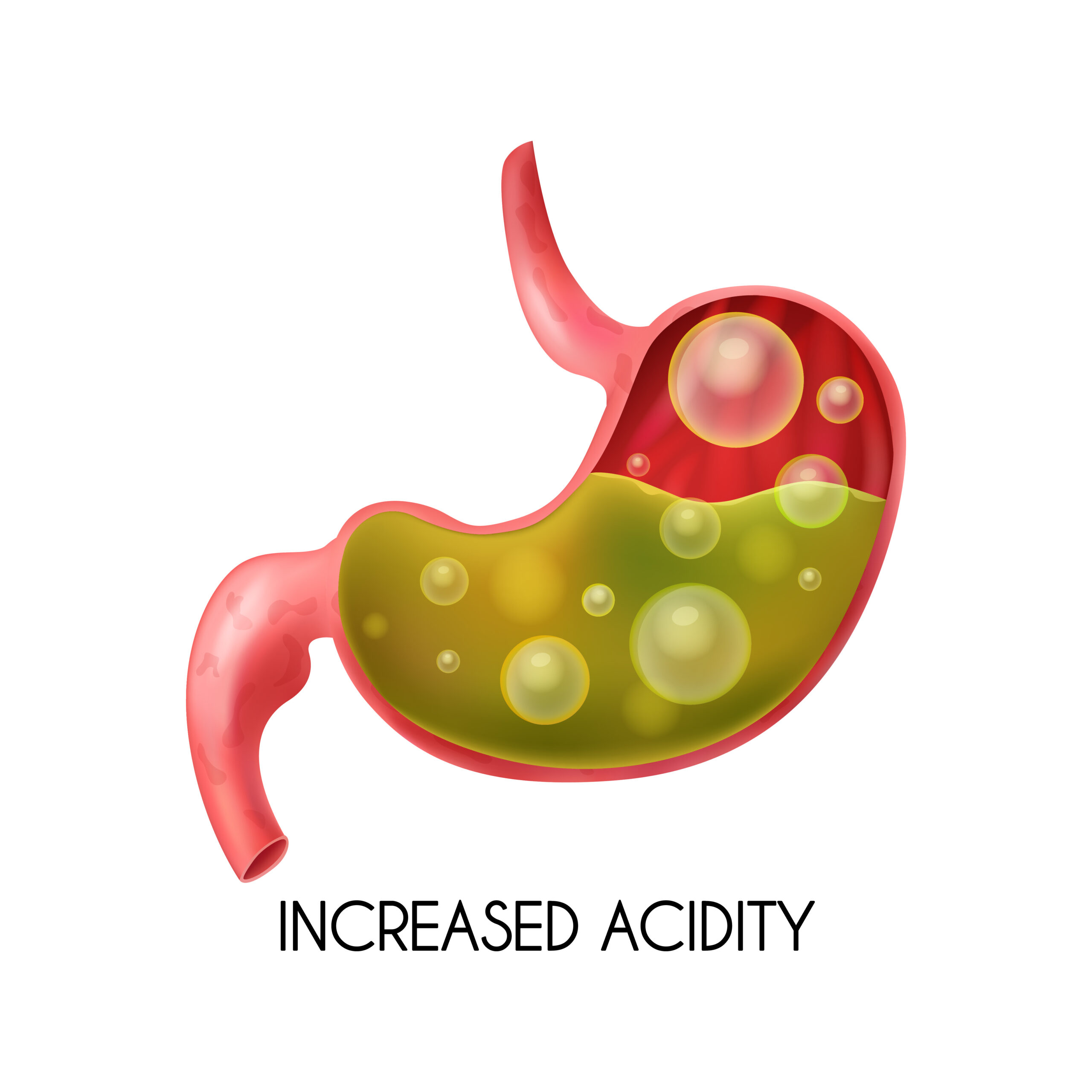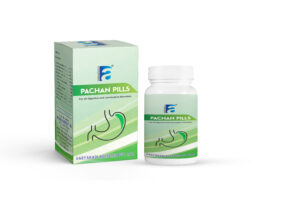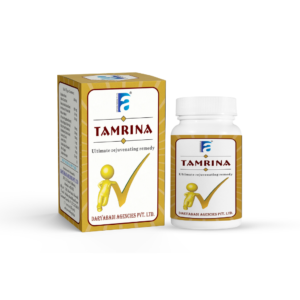Unlocking Radiant Skin: The Benefits of Aloe Vera Face Wash
Introduction:
In the quest for healthy, glowing skin, finding the right skincare products is essential. One such product that has gained popularity for its numerous benefits is aloe vera face wash. Derived from the leaves of the aloe vera plant, this natural ingredient has been used for centuries for its soothing, healing, and moisturizing properties. In this blog post, we’ll explore the myriad benefits of aloe vera face wash and why it’s a must-have addition to your skincare routine.
DISCLAIMER: The information provided in this blog is for educational and informational purposes only and is not intended as medical advice. The content is not intended to diagnose, treat, cure, or prevent any disease. Readers are advised to consult with a qualified healthcare professional regarding their specific health concerns and before starting any herbal remedies or health regimen. While every effort has been made to ensure the accuracy and completeness of the information presented, the author and publisher assume no responsibility for any errors or omissions. The use of herbal remedies and traditional medicine should be undertaken with caution and under the guidance of a qualified healthcare practitioner, especially for individuals with pre-existing medical conditions or those taking medications. The inclusion of specific herbs or formulations in this blog does not imply endorsement or recommendation. Individual responses to herbal remedies may vary, and it is important to consider individual health needs and sensitivities. Always read product labels and instructions carefully before use. By accessing and using this blog, readers acknowledge and agree to the terms of this disclaimer and release the author and publisher from any liability arising from the use or misuse of the information provided.
- Gentle Cleansing:
Aloe vera face wash is renowned for its gentle cleansing action, effectively removing dirt, oil, and impurities from the skin without stripping away its natural moisture. Its mild formulation makes it suitable for all skin types, including sensitive and acne-prone skin.
2) Soothing and Calming:
One of the key benefits of aloe vera face wash is its ability to soothe and calm irritated skin. Aloe vera contains anti-inflammatory compounds that help reduce redness, inflammation, and discomfort, making it ideal for those with sensitive or sunburned skin.
3) Hydration and Moisturization:
Aloe vera is a natural humectant, meaning it attracts and retains moisture in the skin. Using aloe vera face wash helps hydrate the skin, leaving it feeling soft, supple, and moisturized. Regular use can help prevent dryness and improve skin texture over time.
4) Acne-Fighting Properties:
For those struggling with acne, aloe vera face wash can be a game-changer. Aloe vera contains antibacterial and anti-inflammatory properties that help combat acne-causing bacteria, reduce excess oil production, and unclog pores, leading to clearer, smoother skin.
5) Anti-Aging Benefits:
In addition to its hydrating and soothing properties, aloe vera is also rich in antioxidants such as vitamins C and E, which help protect the skin from oxidative damage caused by free radicals. Using aloe vera face wash regularly can help slow down the signs of aging, including fine lines, wrinkles, and sagging skin.
6) Brightening and Even-Toning:
Aloe vera contains enzymes that help promote cell turnover, revealing fresher, brighter skin underneath. Regular use of aloe vera face wash can help fade dark spots, hyperpigmentation, and uneven skin tone, resulting in a more radiant complexion.
7) Nourishment and Repair:
Aloe vera is packed with vitamins, minerals, amino acids, and enzymes that nourish and repair the skin from within. Using aloe vera face wash helps deliver these nutrients directly to the skin, promoting healthy cell regeneration and overall skin health.
CONCLUSION:
Incorporating aloe vera face wash into your daily skincare routine can offer a multitude of benefits for your skin, from gentle cleansing and hydration to soothing irritation and fighting acne. Whether you’re looking to achieve clearer, brighter, or more youthful-looking skin, aloe vera face wash is a versatile and effective solution that harnesses the power of nature for radiant results.








